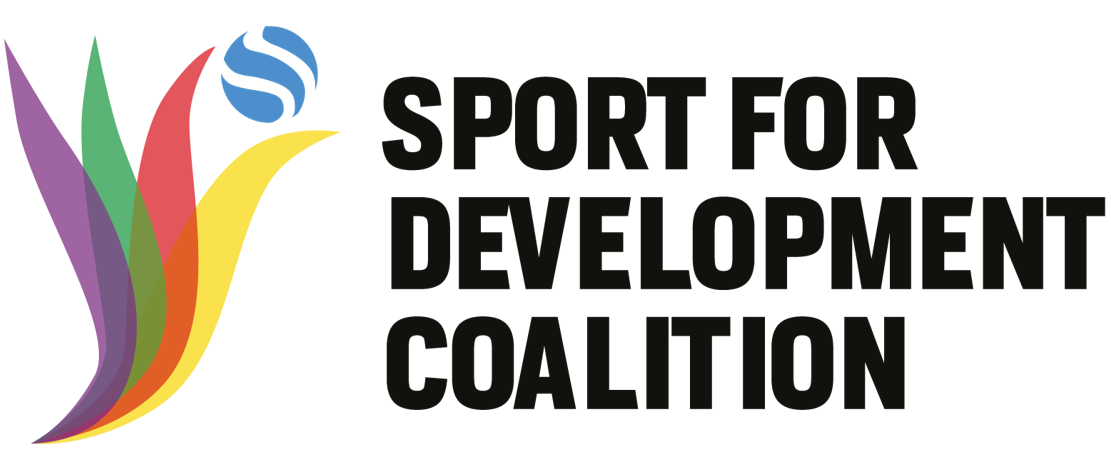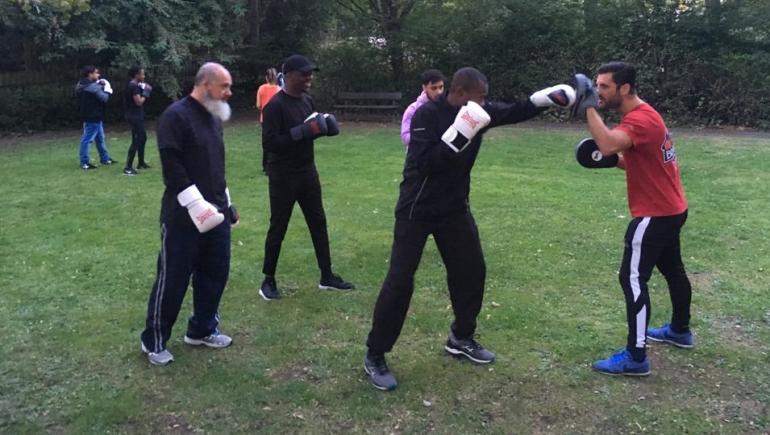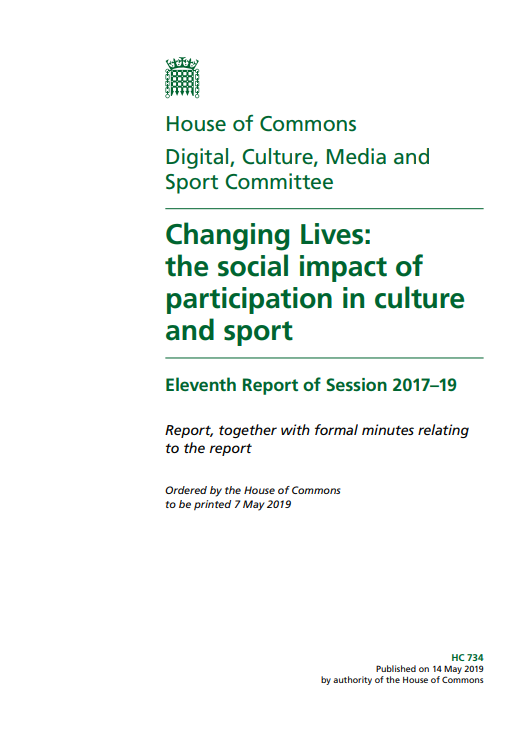 The Sport for Development Coalition has welcomed the findings of a DCMS Committee inquiry into the social impact of participation in culture and sport in the UK.
The Sport for Development Coalition has welcomed the findings of a DCMS Committee inquiry into the social impact of participation in culture and sport in the UK.
The inquiry was launched in January 2018 and ran throughout last year, with 244 organisations submitting written evidence.
In its report published this week, the Committee called on the Government to “harness the power of culture and sport to address long-standing social problems”.
The report was welcomed by the Coalition, a group of 60 charities, funders and sports governing bodies all committed to using the power of sport and physical activity to generate positive social outcomes. It is supported and funded by Comic Relief, Sport England and the Laureus Sport for Good Foundation.
EVIDENCE
Coalition manager Sarah Mortiboys said: “We welcome the findings of the inquiry, and support the call for sport to have a higher profile across Government.
“However we also acknowledge the sector must work harder to evidence and communicate the social value of sport and physical activity, if it is to justify greater investment from other departments such as health or justice.
“That is why the Coalition has been created, and we look forward to working with Government to prove the value of sport to society.”
The DCMS Committee is appointed by the House of Commons to examine the expenditure, administration and policy of the Department for Digital, Culture, Media and Sport (DCMS), and associated public bodies. It is currently chaired by Damian Collins MP.
Above: Greenhouse Sports CEO John Herriman provides evidence to the DCMS Committee inquiry in June 2018.
The Committee called on DCMS to “work with charitable foundations, academics and others to comprehensively understand, and champion, the current evidence base, and publish their findings within the next 12 months.”
Collins added: “Culture and sport play a major role in how we see our nation. What we’ve focused on in our inquiry is the transformative power of culture and sport not just to enrich the value of our lives but to address a range of long-standing social problems.
“We cannot break the debilitating cycle of gang violence and knife crime just by arresting those who commit offences. Government statistics clearly show that custodial sentences in and of themselves do not necessarily rehabilitate young offenders.
BEST PRACTICE
“In schools we have seen that sport and culture can improve educational attainment as well as the wellbeing of the students. Social activities like group singing and walking football can improve the mental and physical health of those who take part. Creative arts organisations are taking the lead in regenerating communities, and major sports clubs are using the power of their appeal to change life chances for young people.
“Yet despite this and the many incredible case studies we have seen as part of this inquiry, there is a lack of a credible agenda to harness the power of culture and sport across government. More needs to be done to co-ordinate and invest in community initiatives, share evidence of success and encourage others to emulate examples of best practice.”
To read the report, click here.
Pic credit: Boxing Futures.













